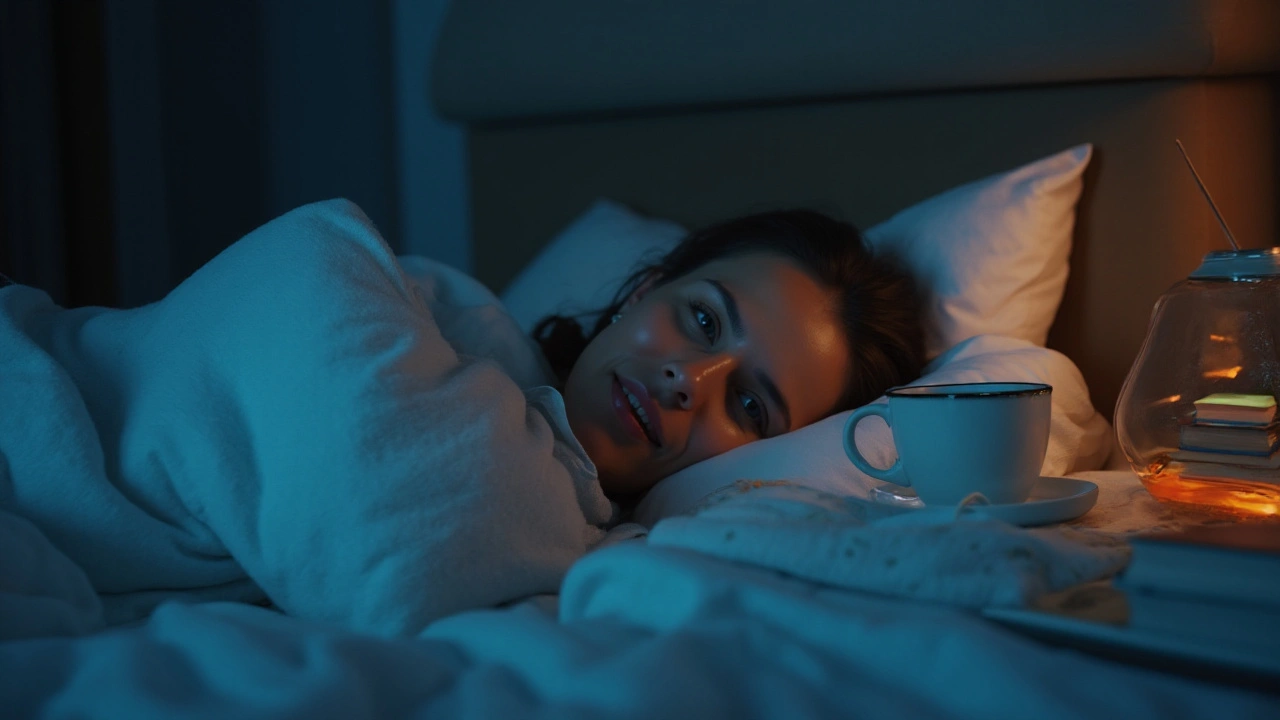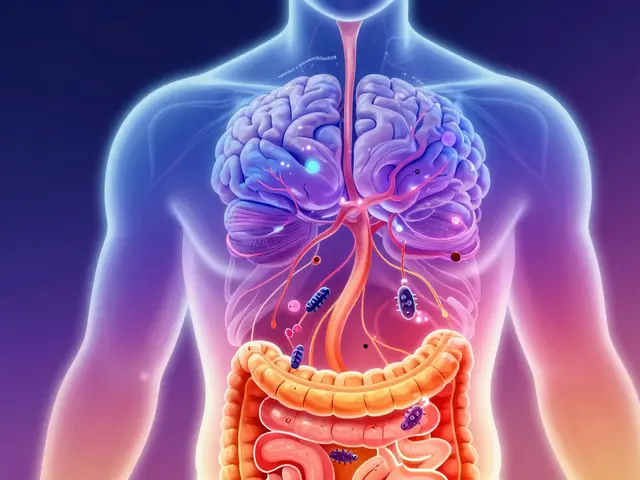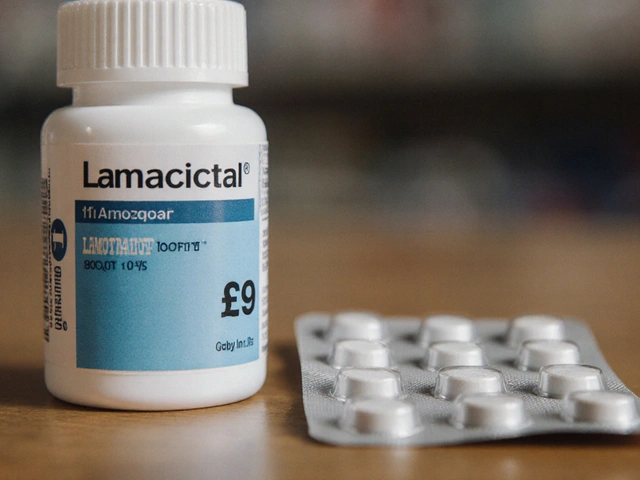Irritable Bowel Syndrome: How the Gut-Brain Axis Causes Symptoms and How to Find Relief
January 24 2026Sleep tips: Simple changes that help you fall and stay asleep
Most sleep advice is either too strict or too vague. Want a few straightforward things you can do tonight that actually work? Keep reading — these are short, practical, and easy to test.
Night routine and the bedroom
Start by making your bedroom a sleep place only. That means no work, no bright screens, no heated debates. Dim lights an hour before bed and avoid blue light from phones or tablets; if you must use a device, switch on a warm screen mode or wear inexpensive blue-light blockers. Cool the room to about 16–19°C (60–67°F) — a cooler room signals your body it's time to sleep.
Pick a short wind-down ritual: 10–20 minutes of reading (paper book), light stretching, or slow breathing. If your mind races, try the 4-7-8 breathing: inhale 4 seconds, hold 7, exhale 8. If you can’t fall asleep after 20 minutes, get up and do something quiet and boring until you feel sleepy — staying in bed awake trains your brain to worry there.
Day habits that shape night sleep
Keep a regular wake time, even on weekends. Consistent light exposure within the first hour after waking helps set your internal clock — open curtains or spend 10–20 minutes outside. Limit caffeine to the morning and skip long naps late in the day; short naps under 30 minutes before 3 pm are the only naps that usually help without messing up nighttime sleep.
Move your body. Daily activity — even a brisk 20–30 minute walk — improves sleep quality. But avoid intense late-night workouts that can spike adrenaline. Watch alcohol: it might help you fall asleep faster but fragments sleep later in the night.
Be mindful of medications and supplements. Some drugs, like corticosteroids (for example, dexamethasone/Decadron) and certain antidepressants, can cause insomnia. Others cause drowsiness during the day and disrupt your sleep pattern. If you take meds, check with your pharmacist or doctor about timing and side effects — small changes in timing or dose often fix sleep problems.
Try simple sleep aids first: a consistent routine, limiting light, and daytime sun exposure. If you want supplements, melatonin can help for short-term shifts like jet lag — use low doses and for short periods. Herbal remedies vary in effect; ask a pharmacist before mixing with prescription drugs.
If poor sleep is frequent or tied to mood, pain, breathing problems, or heavy snoring, see a clinician. They can check for sleep apnea, restless legs, depression, or medication interactions. Fixing those often fixes sleep faster than more tips.
Start with one change tonight: dim lights earlier, set a wake time, or move your evening workout. Test one thing for a week and see what sticks. Small, consistent changes beat big overnight overhauls every time.
 5 Sep
5 Sep
Experiencing and Overcoming Delayed Sleep Phase Syndrome: One Person's Journey
In this article, readers will follow a personal journey through Delayed Sleep Phase Syndrome (DSPS), a common but often misunderstood sleep disorder. The article provides insights into the condition, explores potential treatments, and offers practical tips for managing and overcoming DSPS. The goal is to offer hope and guidance to others who might be struggling with similar sleep challenges.
Read More...




